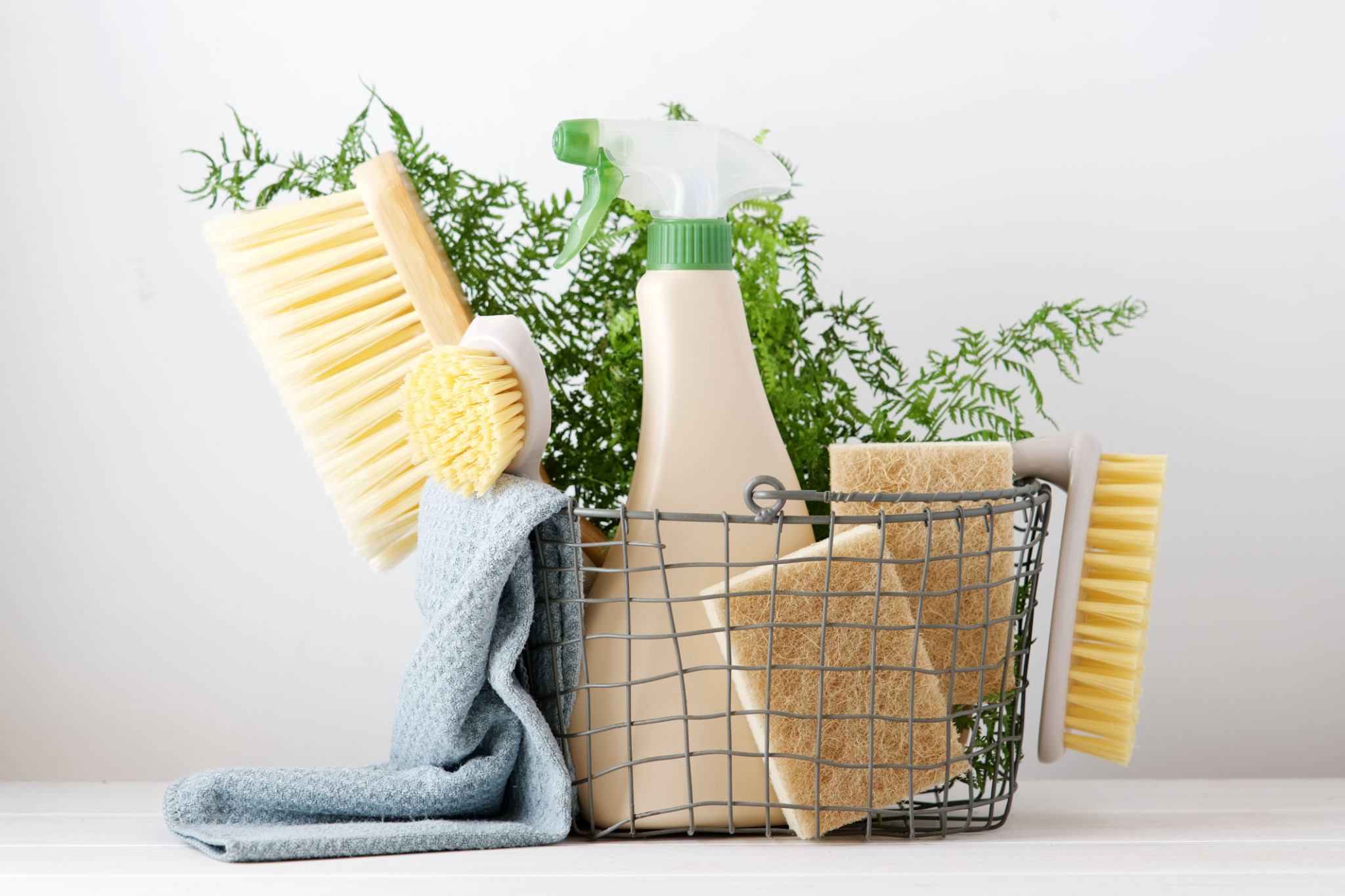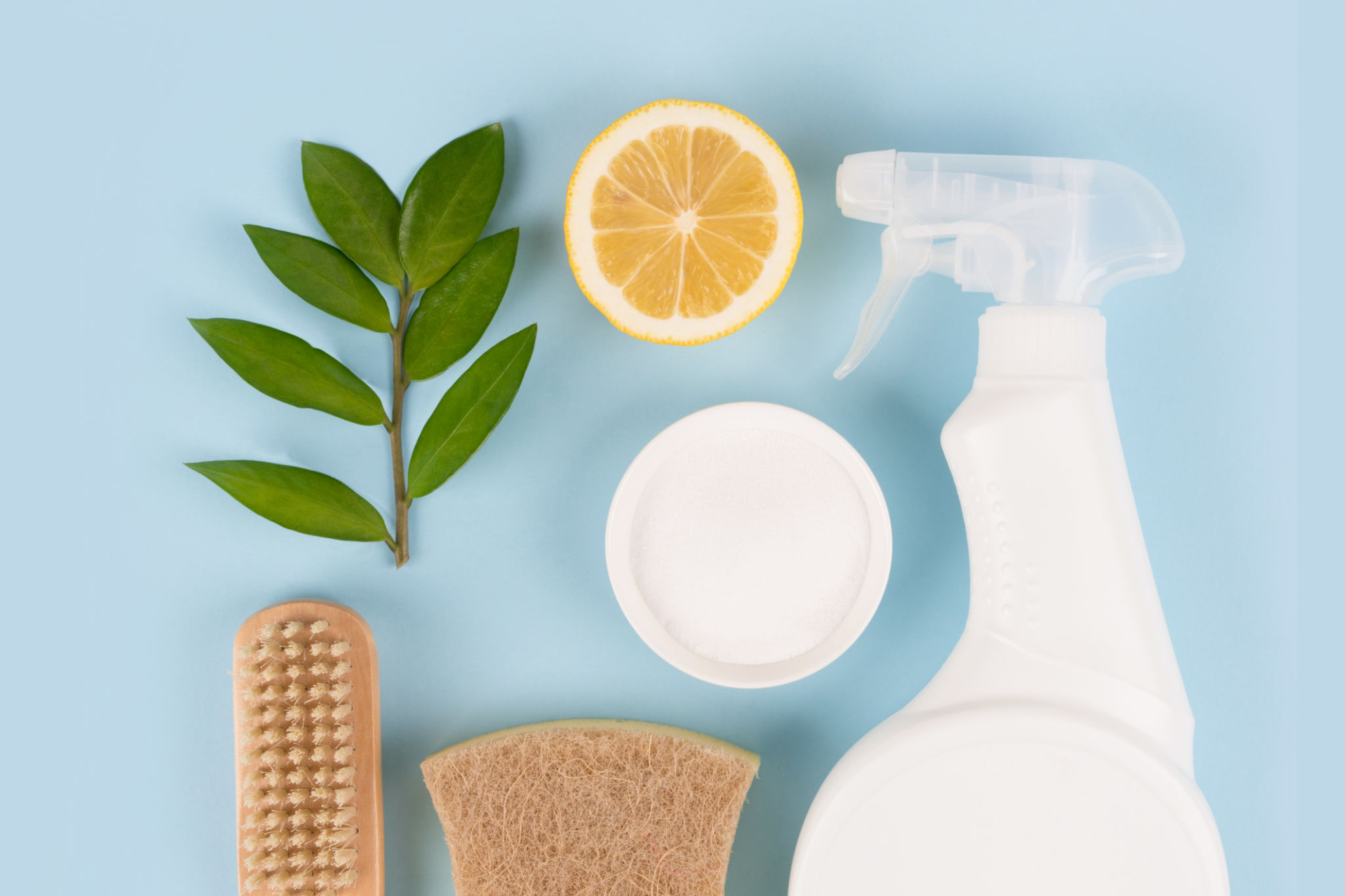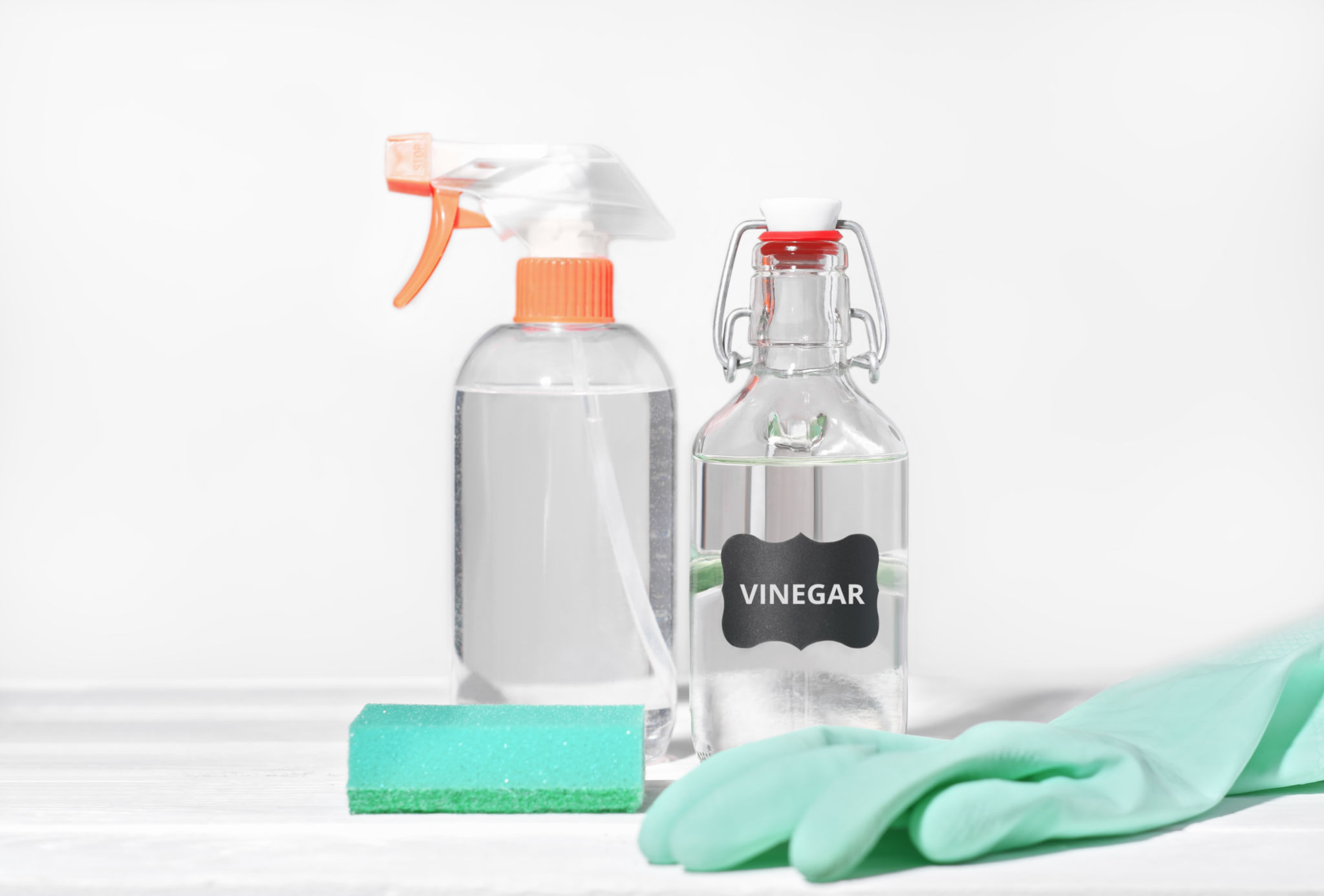Debunking Common Myths About Eco-Friendly Cleaning
Understanding Eco-Friendly Cleaning Products
Eco-friendly cleaning products have gained popularity over the years, but a lot of myths still surround their effectiveness and benefits. Understanding what these products offer can help dispel some of these misconceptions. Essentially, eco-friendly cleaning products are made using natural ingredients that are less harmful to both the environment and human health.
One common myth is that eco-friendly products are less effective than their chemical-laden counterparts. This is not true. Many environmentally friendly cleaners are formulated to tackle tough stains and dirt just as effectively as traditional products. The key is to choose the right product for the specific cleaning task.

Myth: Eco-Friendly Means Expensive
Another prevailing myth is that eco-friendly cleaning products are too expensive for the average consumer. While some brands may charge a premium for green products, many affordable options are available on the market. In fact, making your own cleaning solutions using ingredients like vinegar and baking soda can be cost-effective and eco-friendly.
Moreover, investing in eco-friendly products can lead to long-term savings. These products often come in concentrated forms that require less packaging and can be diluted, meaning they last longer than traditional cleaners.
Myth: All Natural Products Are Safe
While it is true that natural ingredients are generally safer than synthetic chemicals, not all natural products are free from risks. It's important to read labels and understand the components of any cleaning product. Some natural ingredients can still cause allergic reactions or irritations in sensitive individuals.

Furthermore, just because a product is labeled as "natural" does not mean it is eco-friendly. Look for certifications or labels that indicate a product meets environmental standards, such as biodegradable packaging or cruelty-free testing.
Myth: Vinegar Can Clean Everything
Vinegar is often touted as a miracle cleaner, but it's not suitable for all surfaces. For instance, vinegar can damage natural stone surfaces like granite and marble due to its acidic nature. It's crucial to know which surfaces are compatible with vinegar and which are not.
For those looking to use vinegar effectively, it works well on glass surfaces, mirrors, and certain kitchen appliances. However, always test it on a small area first to ensure it does not cause damage.

Choosing the Right Eco-Friendly Products
When selecting eco-friendly cleaning products, consider what matters most to you, whether it's ingredient transparency, packaging sustainability, or cruelty-free practices. Brands often highlight their commitment to the environment through certifications or eco-labels on their products.
By being informed and selective about the products you purchase, you can contribute positively to environmental sustainability while maintaining a clean and healthy home.
